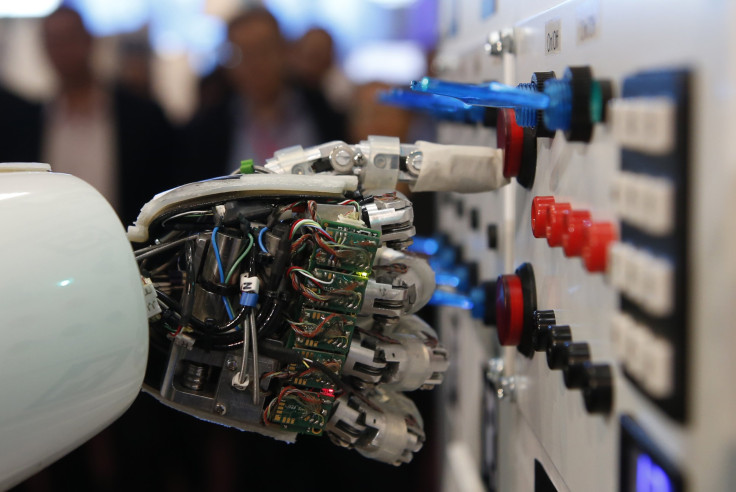How Australia uses artificial intelligence in business

Australia has punched above its weight in research terms. The nation, however, fails to embrace artificial intelligence (AI) in the business sector, an expert stated.
University of New South Wales and Data61 AI professor Toby Walsh has expressed concern over Australia lagging behind other nations like the United States and China in terms of embracing AI within its businesses. "There's been quite a long history of research into AI in Australia, but I think we've been a bit less successful about translating that into business," ABC quotes him as saying.
A 2017 Infosys report on AI found Australia was a country most likely without plans to implement AI within businesses, with a score of mere 20 percent. It can be compared to China, where 100 percent of respondents' organisations had plans to deploy this form of computer intelligence.
If Australia competes with other nations in terms of AI, Walsh said there has to be greater investment. He explained that compared to other countries, he does not think Australia has enough in the way of tax incentives to push research and development, allowing businesses make the appropriate investments to be ahead.
Seeing Machines chief technology officer and founder Timothy Edwards said that using face-tracking technology enables the business to advance safety and consumer experiences within the cars, trains, aeroplanes, and trucks in the mining sector. He recognised that the business got a lot of support from the government.
However, he also admitted that Seeing Machines still struggled to access the latest hardware and bits of silicon in Australia. Edwards said the capital of hardware technology is Shenzhen, China.
Adam Carr, director of the Australian Chamber of Commerce Economics and Industry, said that incorporating AI within business did not need to have "negative overtones.” For Carr, the country needs AI to be on top and government has a role in that.
This week, two of the biggest names in Silicon Valley have been publicly debating the potential of AI. Mark Zuckerberg is optimistic while Elon Musk said the Facebook CEO does not understand technology.
"One reason I'm so optimistic about AI is that improvements in basic research improve systems across so many different fields from diagnosing diseases to keep us healthy, to improving self-driving cars to keep us safe, and from showing you better content in News Feed to delivering you more relevant search results," Zuckerberg wrote on Facebook.
Read More:
750,000 Aussies have two or more jobs, ABS reveals
Sydney-based recruitment platform Found offers military jobs for women
Engadget/YouTube





















